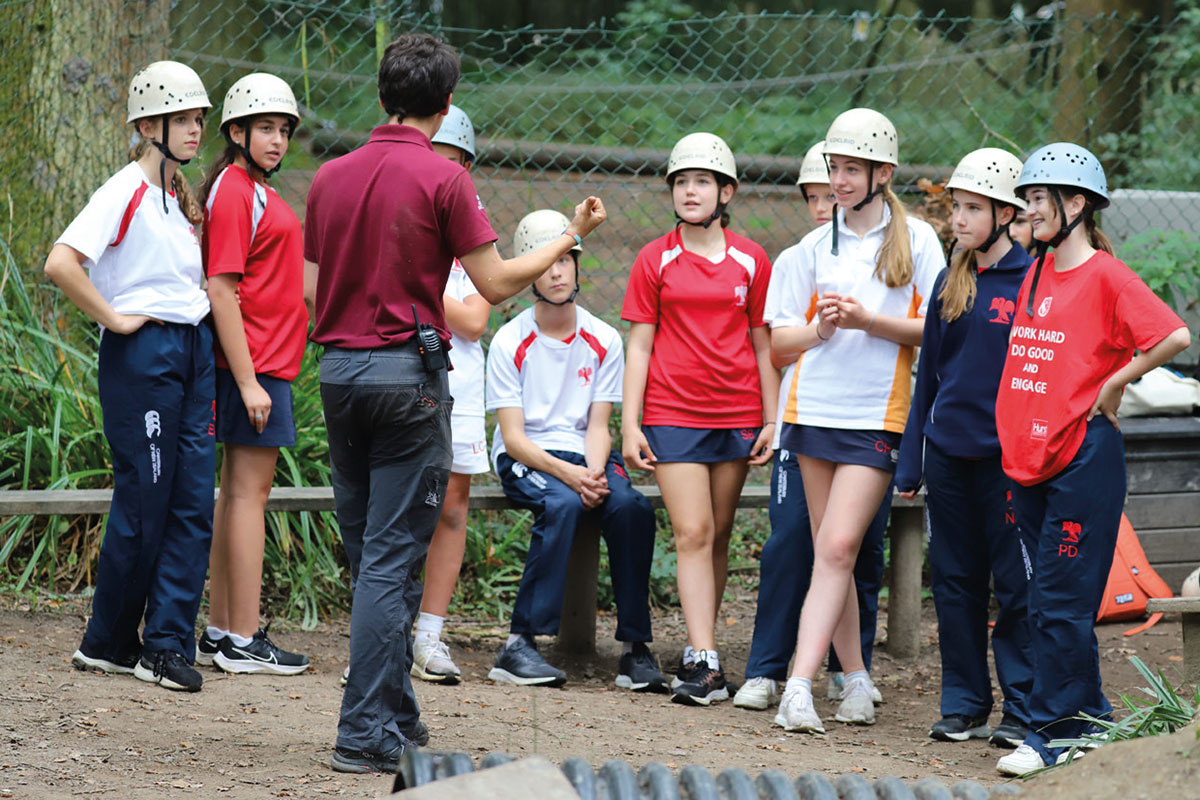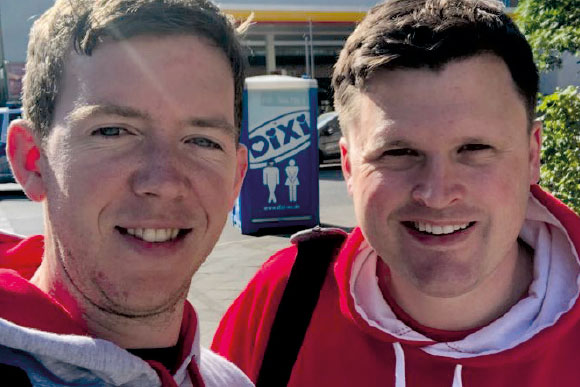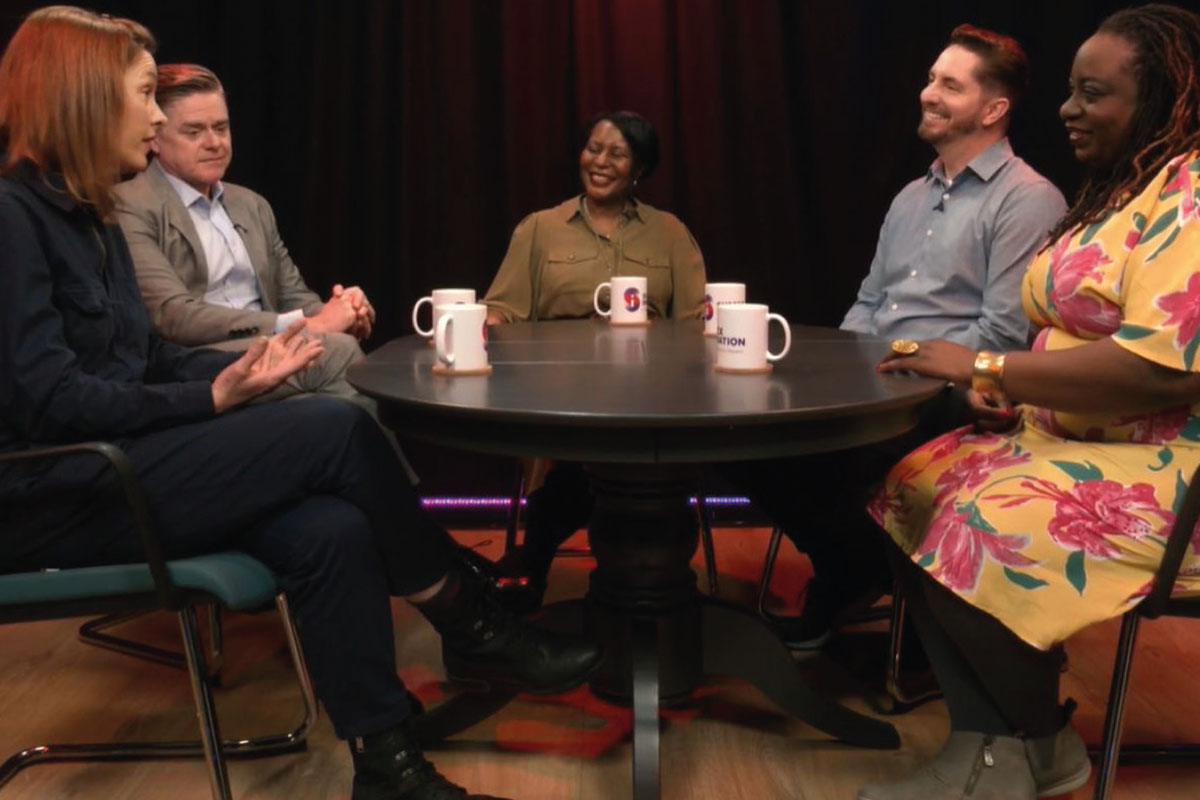
There is little doubt that good schools are needed now more than ever. Human beings are essentially – and I use that word precisely – social animals, and if we lose sight of this, we are in trouble.
The long two-year stretch of Covid-19 was clearly damaging to young people. Ofsted produced reports in November 2020 and the findings were stark. Young people had been de-skilled, some had developed mental health issues and others found simple tasks like reading very difficult to perform. The top inspector of schools, Amanda Spielman, said: “The impact of school closures … will be felt for some time to come – and not just in terms of education, but in all the ways they impact on the lives of young people.”
One aspect of their lives that concerns me is their interactions with others. Headteacher Jill Thompson was quoted in the tabloids as saying that, in her mind, children were up to two years behind socially – and this is a huge problem, if true. I suspect it is. Even at Hurst, where I am a boarding housemaster, I have seen this, and I am not surprised. Students who spent two years lacking structure, not working to strict timetables, not having to meet expectations of behaviour or deadlines, have been affected and are now having to readjust.
For the business world, I see these developmental dips as challenging unless they are met head-on and resolved, over time. This needs to be done deftly and carefully. We cannot bludgeon pupils back into shape; they will need to be cajoled, encouraged, and skilfully formed. This takes no small degree of empathy and guidance. We need to prepare them to lead conferences, to engage in effi cient recruitment, resilient project management, and so on. They are the future.
At Hurst, we have faced a few tests in this regard, but we are prepared for them. We are fortunate to have time with the pupils, a privilege of the boarding environment, which creates a longer day and evening activities too. We have more time with them to discuss projects, help them manage deadlines, and to structure their work. If the wheels come off, every now and then, tutors are here to help put them back on. Our staff aim to be patient, fi rm and thorough, guiding pupils with their extended projects, Young Enterprise, the Duke of Edinburgh Award and so many other activities that are designed to provide opportunities for social interaction and teamwork.
Matthew Arnold, in his great work Culture and Anarchy, famously argued that the good schools had a part to play in helping young people throw off ‘sheepishness’ and ‘awkwardness’ and so develop the confidence to work successfully with others in teams and communities.
He was right. At Hurst, we talk about having ‘confidence’ but not ‘arrogance’. We like to help young people to become highly effective team players but also open and generous leaders. We aim to nurture young people so that they enjoy their own strengths whilst having the emotional intelligence Richard Taylor-West, Hurst College to make space for others and their ideas, embracing diversity and creating inclusion.
Interestingly, an article in the HuffPost recently said that businesses want ‘value for money’ and ‘people that will hit the ground running’ and provide results that will ‘ justify their appointment in the first place’. I firmly believe Hurst’s young people can do just that. They are IT literate, confident, and used to challenging experiences. Six hours of lessons, followed by sport, the cadet force, the Choir, DT workshops and homework is a pretty average day for a Hurst pupil. They tend to leave us with charged batteries and ready for action, and we are proud of that. It’s what Hurst is all about.
Richard Taylor-West
www.hppc.co.uk





